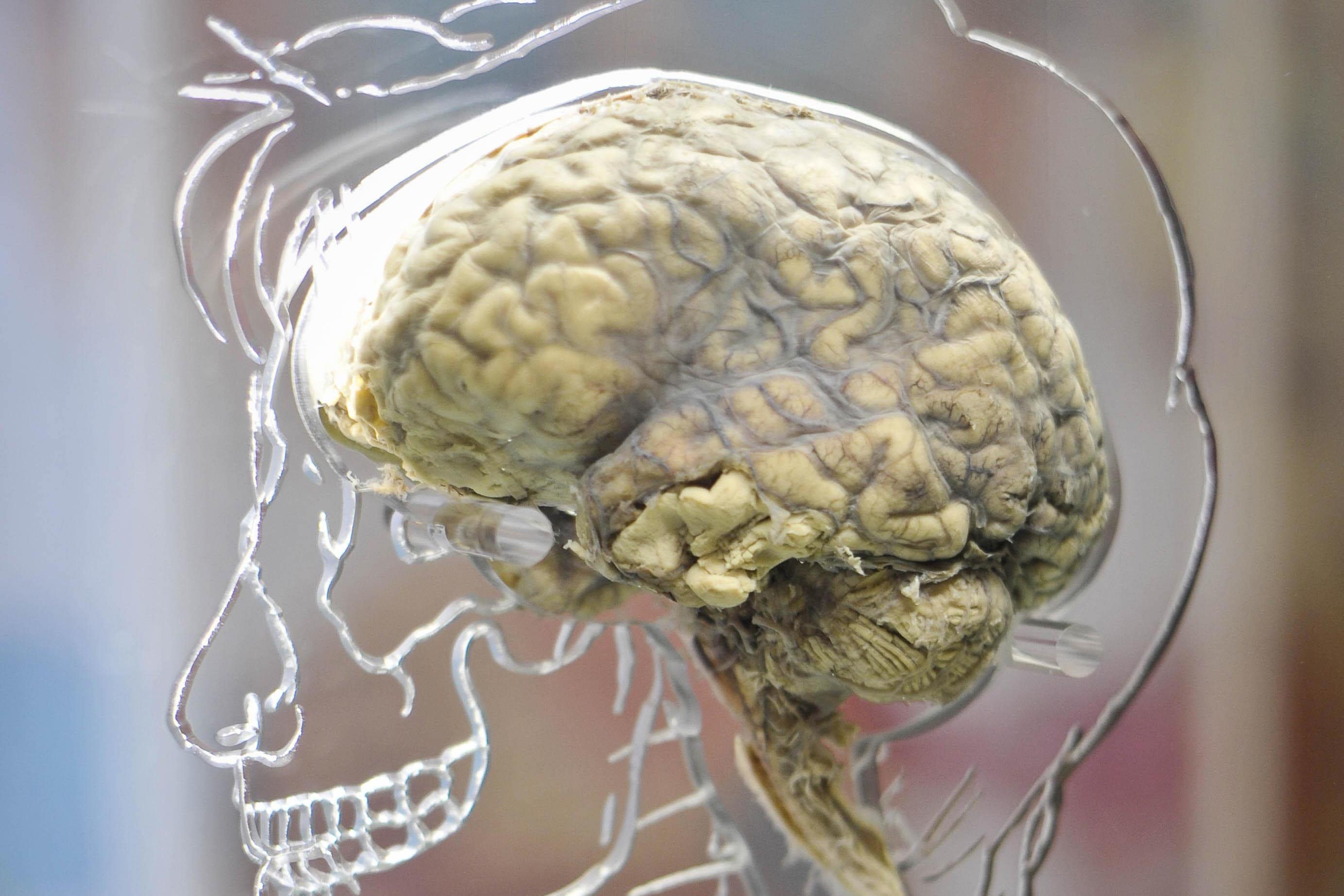‘45% of people with concussion show brain injury symptoms six months later’
New research suggests even mild concussion can cause long-lasting effects to the brain.

Your support helps us to tell the story
From reproductive rights to climate change to Big Tech, The Independent is on the ground when the story is developing. Whether it's investigating the financials of Elon Musk's pro-Trump PAC or producing our latest documentary, 'The A Word', which shines a light on the American women fighting for reproductive rights, we know how important it is to parse out the facts from the messaging.
At such a critical moment in US history, we need reporters on the ground. Your donation allows us to keep sending journalists to speak to both sides of the story.
The Independent is trusted by Americans across the entire political spectrum. And unlike many other quality news outlets, we choose not to lock Americans out of our reporting and analysis with paywalls. We believe quality journalism should be available to everyone, paid for by those who can afford it.
Your support makes all the difference.Almost half of people with concussion still show symptoms of brain injury six months later, new research suggests.
According to a new study, even mild concussion can cause long-lasting effects to the brain.
Using data from a Europe-wide study, University of Cambridge scientists found that for 45% of people who receive a knock to the head, there are changes in how regions of the brain communicate with each other.
This could potentially cause long-term symptoms such as fatigue and cognitive impairment, the researchers suggest.
Our findings offer hope that in future, not only might we be able to predict a patient’s prognosis, but we may also be able to offer a treatment targeting their particular symptoms
The scientists say their findings offer hope that one day researchers may be able to predict how a patient will do, and allow doctors to offer a treatment targeting their particular symptoms.
A concussion – mild traumatic brain injury – could be caused by a blow or jolt to the head from a fall, sports injury or from a cycling accident or car crash, for example.
But researchers suggest that despite being labelled mild, it is commonly linked with persistent symptoms and incomplete recovery.
Examples of these symptoms could be depression, cognitive impairment, headaches and fatigue.
With emerging evidence that only half of people will achieve full recovery after six months, this suggests a large proportion may not receive adequate post-injury care, the researchers say.
However, predicting who will have a fast recovery and who will take longer to recover is challenging.
Patients with a suspected concussion will typically receive a brain scan to look for structural problems, such as inflammation or bruising, but even if these scans show no obvious damage, symptoms may still persist.
Dr Emmanuel Stamatakis from the department of clinical neurosciences and division of anaesthesia at the University of Cambridge, said: “Worldwide, we’re seeing an increase in the number of cases of mild traumatic brain injury, particularly from falls in our ageing population and rising numbers of road traffic collisions in low and middle-income countries.
“At present, we have no clear way of working out which of these patients will have a speedy recovery and which will take longer, and the combination of over-optimistic and imprecise prognoses means that some patients risk not receiving adequate care for their symptoms.”
He added: “We know that there are already drugs that target these brain chemicals so our findings offer hope that in future, not only might we be able to predict a patient’s prognosis, but we may also be able to offer a treatment targeting their particular symptoms.”
The researchers studied fMRI brain scans – functional MRI scans, which look at how different areas of the brain coordinate with each other – from 108 patients with mild traumatic brain injury.
They compared these with scans from 76 healthy volunteers.
The patients and volunteers had been recruited to CENTER-TBI, a large European research project which aims to improve the care for patients with traumatic brain injury.
The study, published in the journal Brain, found that just under half (45%) were still showing symptoms from their brain injury, with the most common being fatigue, poor concentration and headaches.
According to the findings, these patients had abnormalities in a region of the brain known as the thalamus, which integrates all sensory information and relays this information around the brain.
Concussion was associated with the thalamus trying to communicate more as a result of the injury – and the greater this connectivity, the poorer the prognosis for the patient, the study found.
Rebecca Woodrow, a PhD student in the department of clinical neuroscience at Hughes Hall, Cambridge, said: “Despite there being no obvious structural damage to the brain in routine scans, we saw clear evidence that the thalamus – the brain’s relay system – was hyperconnected.
“We might interpret this as the thalamus trying to over-compensate for any anticipated damage, and this appears to be at the root of some of the long-lasting symptoms that patients experience.”
By studying additional data from positron emission tomography (PET) scans, the researchers found that patients experiencing cognitive problems such as memory difficulties showed increased connectivity between the thalamus and areas of the brain rich in the chemical noradrenaline.
Meanwhile, patients experiencing emotional symptoms, such as depression or irritability, showed greater connectivity with areas of the brain rich in serotonin, often referred to as the happy hormone.